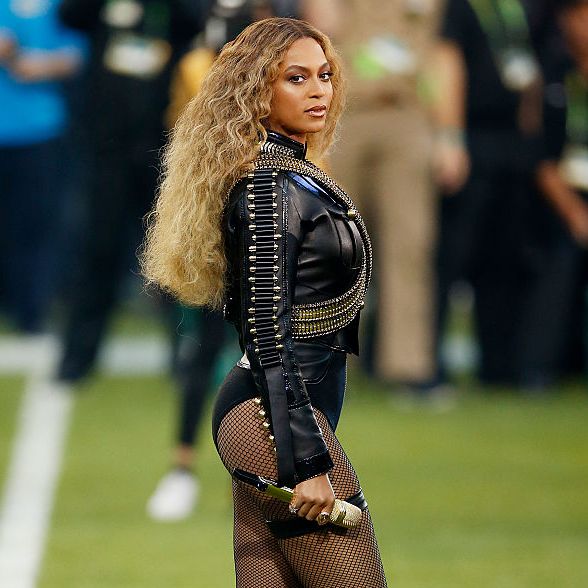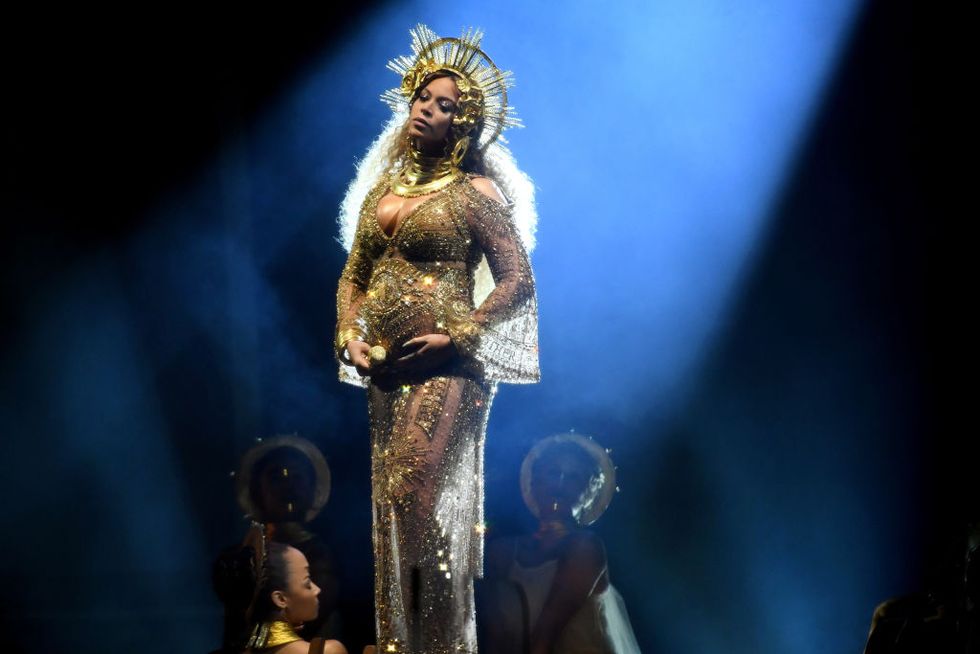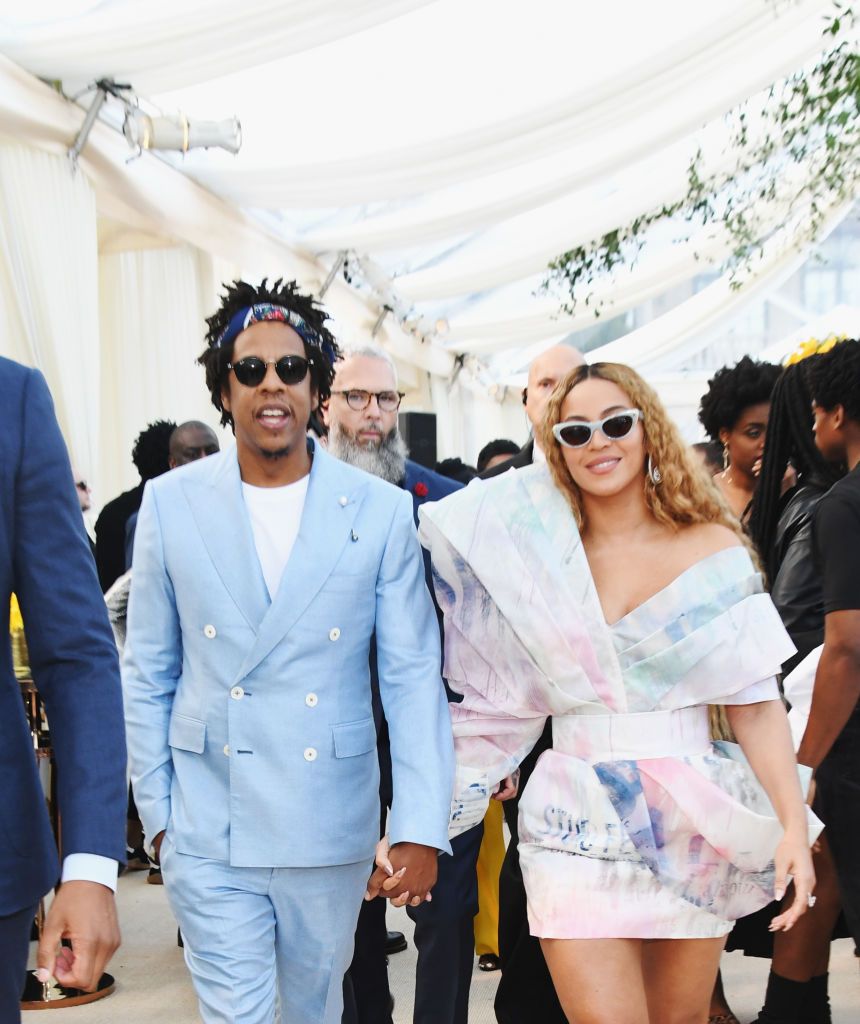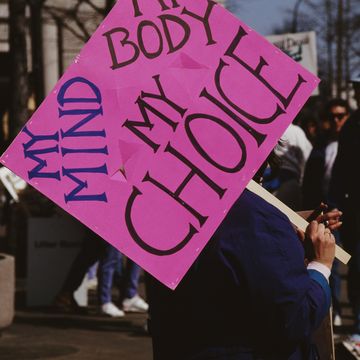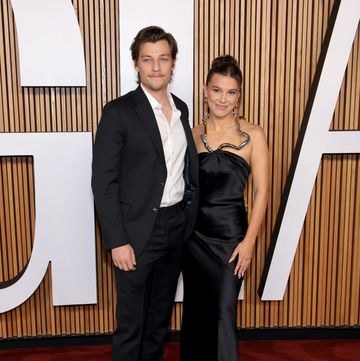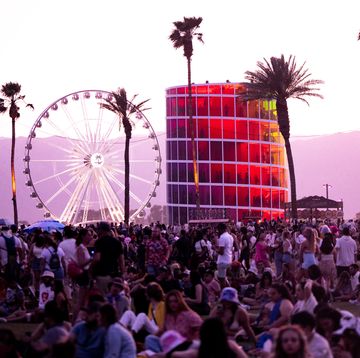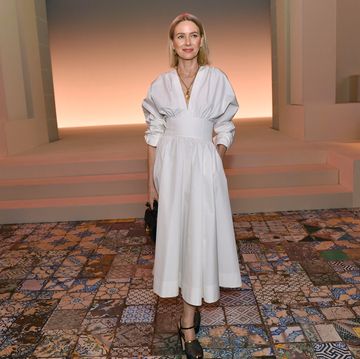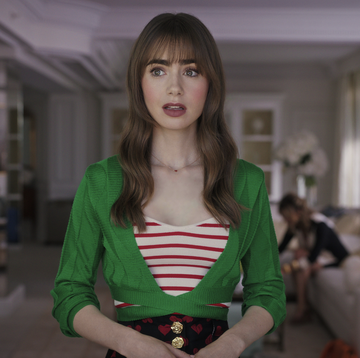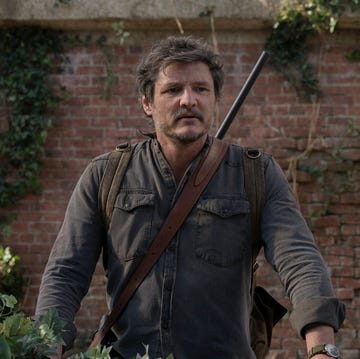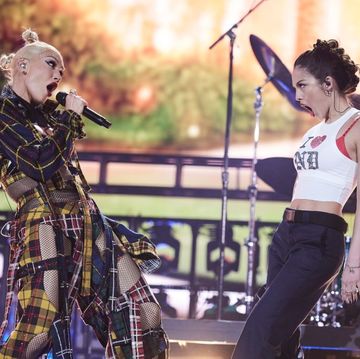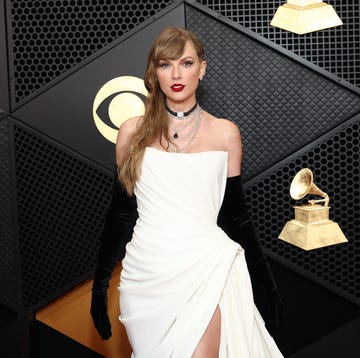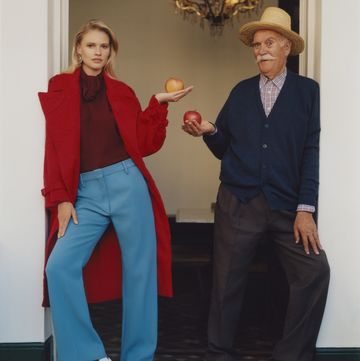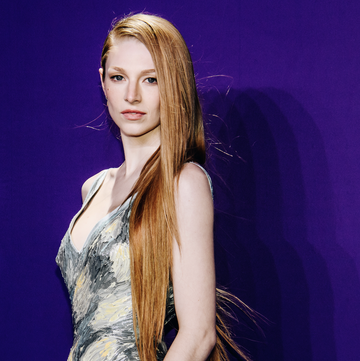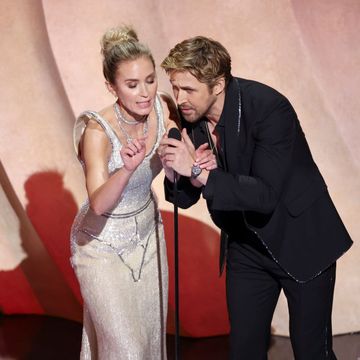Following the death of George Floyd - and the sparking of a mass call-to-action to support, protect, seek justice and stand up for Black lives - Beyoncé has demonstrated her commitment the movement in a multitude of ways.
After a direct video message to her followers and pleas for fans to sign petitions and support open letters for justice for Floyd and Breonna Taylor, who also died during a police incident, Beyoncé has marked Juneteenth - the historical day when the last slaves in the US were emancipated - by releasing a new track entitled 'Black Parade'.
On her website, the singer announced that the song would support her charity's Black Business Impact Fund. Accompanying the song's release, the mother of three also published a directory of Black-owned businesses which fans can visit and support.
'Being Black is your activism. Black excellence is a form of protest. Black joy is your right,' the singer wrote to her Black fans in a personal message on the website.
This appreciation, acknowledgement and celebration of Blackness through music is not new for Beyoncé. In 2016, she released 'Formation' - a celebration of her Blackness and heritage which she performed at the Super Bowl with dancers in Black Panther-inspired outfits. The album Lemonade also featured 'Freedom' with Kendrick Lamar - which they performed in a rousing routine at the BET awards in 2016. In the early days of her career, there were lyrics to uplift and celebrate Black Women too, like 2006's 'Get Me Bodied' which encourages fans to 'pat your weave' and do the 'Naomi Campbell walk'.
Here are historical and cultural references in Beyoncé's 'Black Parade':
I'm goin' back to the South. I'm goin' back, back, back, back. Where my roots ain't watered down. Growin', growin' like a Baobab tree
Beyoncé's 'South' is a reference to her home state of Texas. The singer was born and grew up in Houston. Texas is also where the Juneteenth celebrations started, now they are marked throughout the US.
The iconic 'Baobab tree' is native to Africa and therefore grow despite the warm and dry conditions in the continent (hence the 'roots ain't watered down' reference which is also used to describe the Black history and continued culture of the deep South).
Ankh charm on gold chains, with my Oshun energy, Drip all on me, woo, Ankh or the Dashiki print
Beyoncé pays further homage to her ancestors from Africa by referencing the 'Ankh' which is a symbol deriving from Ancient Egypt, 'Oshun' - the Nigerian Yoruba goddess of femininity, love, sensuality and fertility (who Beyoncé has previously paid tribute to in the 'Hold Up' video and her performance at the 2017 Grammys) and 'Dashiki print' - a bright, colourful piece of clothing hailing from West Africa.
Melanin, melanin, my drip is skin deep, like Ooh, motherland, motherland, motherland, motherland drip on me
This is Beyoncé embracing her heritage from the 'motherland' - Africa - and race, referring to 'melanin' which is the pigment that gives skin, eyes and hair their colour. Black people have more melanin than white people so in recent years the scientific term has been reclaimed by Black communities to embrace Black and brown skin.
Yeah, yeah, I'm for us, all black. All chrome (Yeah), black-owned (Yeah). Black tints (Yeah), matte black (Yeah, yeah)
By referencing 'black-owned' Beyoncé is reaffirming her commitment to Black-owned businesses. This is exemplified by the list of Black-run organisations she published on Juneteenth when releasing 'Black Parade'.
Baby sister reppin' Yemaya
Fans know of Beyoncé's close relationship with her sister Solange. In this line, the singer likens the 'Don't Touch My Hair' singer to Yemaya, another West African Yoruba goddess of the ocean. She is considered a protector of women and motherhood. Yemaya and Oshun (referenced above) are considered to be sisters too.
On Twitter, fans have previously posted a beautiful side by side image of Beyoncé ressembling Oshun and Solange, Yemaya.
Rubber bullets bouncin' off me. Made a picket sign off your picket fence. Take it as a warning.
Here, it's likely Beyoncé is referring to the wave of uprisings across the US and the wider world after George Floyd's death. In several cities across the US, police have responded to the marches by firing rubber bullets as well as tear gas.
A 'picket sign' also references the protest. Picket fences are associated with middle-class, white, suburban Desperate Housewives- style neighbourhoods - which for too long have historically shut out Black people. Its use in the lyrics suggests she is committed to dismantling white supremacist structures which have allowed systemic racism and discrimination to continue for so many years.
Waist beads from Yoruba (Woo) Four hunnid billi', Mansa Musa (Woo)
Again, Beyoncé references African artefacts. 'Waist beads from Yoruba' - the waist beads refer to the accessories worn around the waist by some women in west Africa. According to Demand Africa, the beads can represent sexual attraction and sexuality, symbols of love, protection and femininity.
Mansa Musa was an African 'musa' (emperor) who ruled over the Mali empire in the 14th century. He is estimated to be the richest man who ever lived, according to the BBC (which explains the 'hunnid billi' line in Bey's track), which came from god and salt. He is believed by historians to have been incredibly generous with his wealth.
Put us any-damn-where, we gon' make it look cute. Pandemic fly on the runway, in my hazmat.
Making the song as timely as ever, Beyoncé references the Covid-19 'pandemic'. In May, the singer spoke publicly about the virus disproportionately affecting and killing Black people in the US (it's the same in the UK, for Black and Asian people).
'Black Americans disproportionately belong to these essential parts of the workforce that do not have the luxury of working from home,' Beyoncé said in the video message. 'And African American communities at large have been severely affected in this crisis... This virus is killing black people at an alarmingly high rate here in America.'
Genius has suggested that the singer's reference of a 'runway' and a 'hazmat' suit is an ode to Naomi Campbell, one of the most successful Black supermodels of all time, and who has gone viral on several occasions for the anti-germ methods she adopts when travelling.
Judgin', runnin' through the house to my art, all black. Ancestors on the wall, let the ghosts chit-chat
Both Beyoncé and Jay-Z are art aficionados - remember the 'APESH*T' video which was shot in the Louvre? - and huge supporters of Black artists in particular.
Several Black artists were also featured on Beyoncé's directory of Black-owned businesses.
Black love, we gon' stay together. Curtis Mayfield on the speaker (Woo). Lil' Malcolm, Martin mixed with momma Tina (Woo). Need another march, lemme call Tamika (Woo). Need peace and reparation for my people (Woo)
Beyoncé pays tribute to Black role models and leaders in this verse including Malcom X - who replaced his surname Little with X as the former was given to his family by white slave owners - civil rights leader Martin Luther King Jr and her mother Tina Lawson.
The 'Tamika' she alludes to is believed to be Tamika Mallory, an American activist who c0-organised the 2017 Women's March and is a vocal Black Lives Matter supporter. Reacting to the name drop on the track, Mallory said she couldn't believe it.
F**k these laid edges, I'ma let it shrivel up (Shrivel up) F**k this fade and waves I'ma let it dread all up (Dread all up)
Beyoncé sings an ode to Black hair, here. Something which she has done before in 'Formation'. She sings about leaving the 'edges' of natural, Afro hair and choosing dreadlocks instead of a 'fade' - something her husband Jay-Z has chosen to do over the past few years.
Put your fists up in the air, show black love (Show black love)
The fist in the air is a historical symbol of Black P0wer, dating back to the Black Panthers during the Civil Rights Era. It has been used to show solidarity, unity and Black power and strength during the 2020 Black Lives Matter marches too.
Now here we come on our thrones, sittin' high. Follow my parade, oh, black parade
The song closes with an invitation from Beyoncé to follow her 'black parade', which is timely given the marches, or parades, happening around the world at the moment in support of Black Lives Matter.
Using the word 'thrones', Beyoncé is also paying tribute to her Black King and Queen fans.

